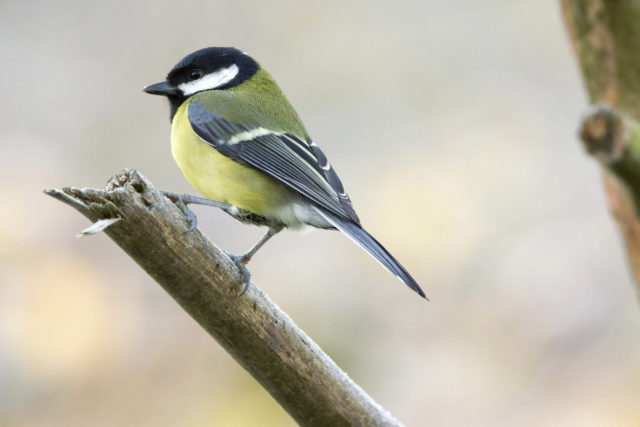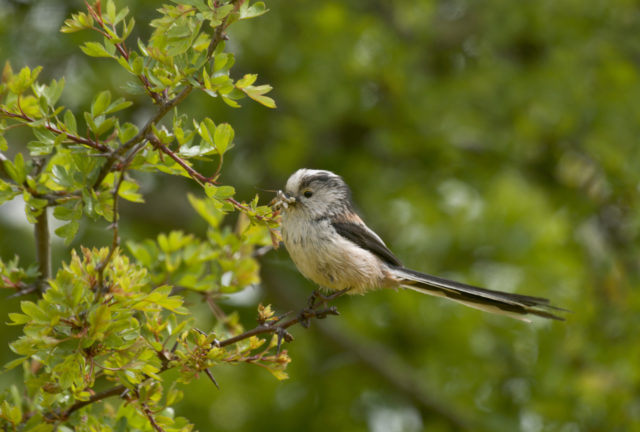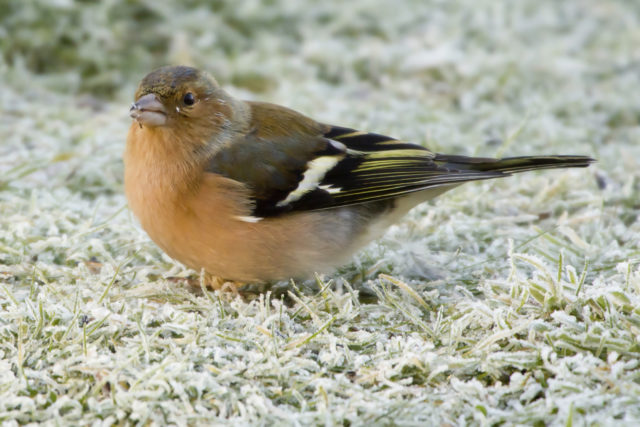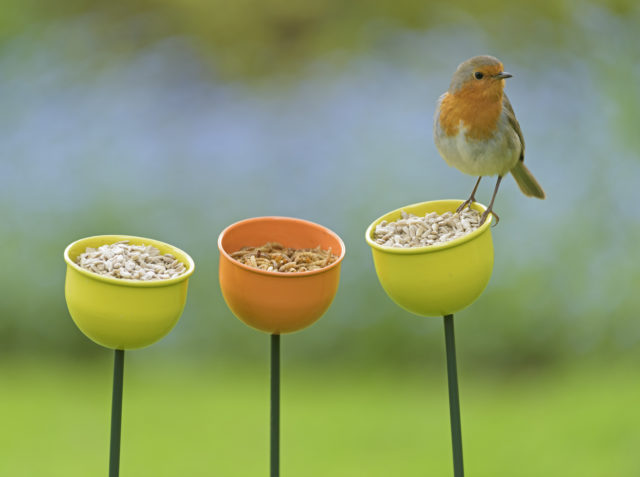Birds such as blue tits and chaffinches could be seen in good numbers in gardens this winter following a successful breeding season and “relatively kind” weather in recent months, experts have said.
Members of the public taking part in the RSPB’s annual Big Garden Birdwatch this weekend could also record bumper sightings of other resident British birds such as greenfinches, great tits and long-tailed tits.
The wildlife charity is calling on people to spend an hour watching the birds in their garden or local park for the birdwatching survey to help build up a picture of how some of the UK’s favourite birds are faring.

But the RSPB said it was curious to see how the figures might change this year, following a positive year for some resident British birds including greenfinches, chaffinches, blue tits, great tits and long-tailed tits.
Greenfinch numbers have been hit over the last decade by the disease Trichomonosis, which has also been documented in other birds such as chaffinches.
More recently there was a downward trend in Big Garden Birdwatch sightings of the tit species, thought to be linked to prolonged wet weather in the 2016 breeding season.

Daniel Hayhow, RSPB conservation scientist, said: “At this time of the year, your garden has the potential to be a vital source of food and shelter for the garden birds we all know and love, from the flock of starlings at the feeder to the robin perched on the fence.
“This year could be a bumper weekend of sightings for some of our resident British birds.
“Conditions during the breeding season were much better compared to recent years, and our resident birds are likely to have been further helped by relatively kind autumn and winter weather.
“So keep your eyes peeled for the greenfinches, chaffinches and various tit species.”

The RSPB is also asking people to provide information about the other creatures they have seen in their gardens over the past year, such as badgers, foxes, squirrels, deer, frogs and toads, to get a wider picture of how important gardens are for wildlife.
To take part in the survey, people can spend an hour recording the birds they see in their garden, outdoor space or local park, and submit results online at www.rspb.org/birdwatch







